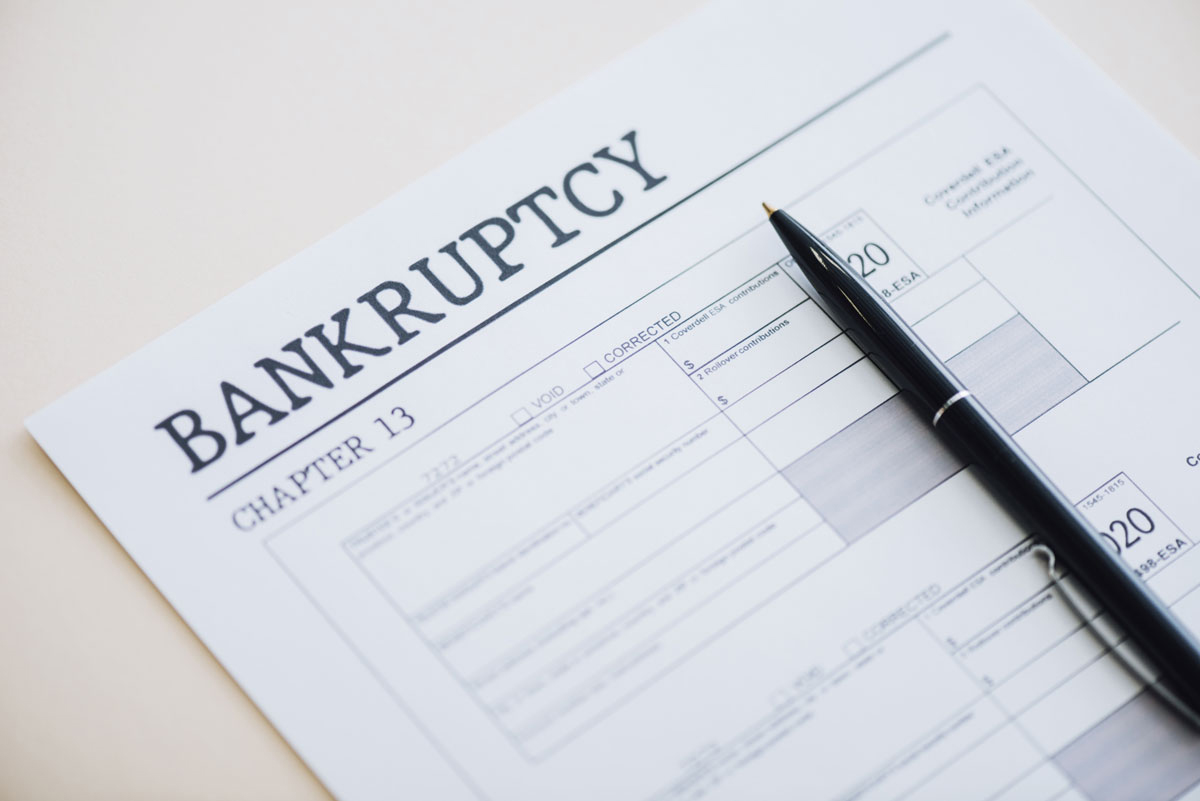A bankruptcy trustee is someone assigned to manage and control a debtor’s assets during bankruptcy. This appointment comes from the U.S. Trustee Program, a part of the Department of Justice that supervises bankruptcy cases and makes sure the laws and rules are followed. The duties of a bankruptcy trustee can change based on the kind of bankruptcy filed.
A Bankruptcy Trustee's Role in The Bankruptcy Process
A bankruptcy trustee oversees the process of bankruptcy in order to protect the interests of all involved. Here are some of the ways that a trustee is involved with the process:
Financial Planning
A bankruptcy trustee helps to make sure everything goes smoothly for both people who owe money and the ones they owe money to. They look after all the things the person who owes money has and figure out how to use them best to pay back what is owed.

Paying Off Debt
The trustee finds and sells off items that are not protected by law, turning it into money to pay off the debts. They do a thorough search for all the assets, even those that might be hidden, like secret accounts or property that was not mentioned. This way, they can see the whole financial picture and make sure everything possible is used to pay back the creditors.
Finding a Middle Path
A bankruptcy trustee will also look at the assets that are protected by law, which the debtor is allowed to keep. They figure out how much these things are worth and make sure they are really protected. This helps the person who owes money to start fresh after the bankruptcy. It is about finding a middle ground between what creditors can claim and what the debtor needs to begin again.
Keeping the Business Running
Sometimes, the trustee also needs support the process of keeping a business running if it belongs to the debtor. They check if the business can keep going, come up with plans to make it worth as much as possible, and help it keep running smoothly or allow for a smooth transition. This is really important if the business has potential to make a lot of money to help pay back what is owed.

Appointment of A Bankruptcy Trustee
When someone or a business files for bankruptcy, the court picks a person called a trustee to manage the whole thing. The kind of bankruptcy they choose decides how the court will automatically appoint this trustee.
Chapter 7 Bankruptcy
When someone files for Chapter 7 bankruptcy (a type in which property is sold to pay back what is owed} the court quickly assigns a trustee. This person’s main job is to check out what the debtor owns, sell off things that are not protected by law, and share the money with the people they owe. They also do a deep dive to make sure everything filed by the debtor is right and complete.
Chapter 13 Bankruptcy
For Chapter 13 bankruptcy, where there is a plan to pay back what is owed, the court also quickly assigns a trustee when the case is filed. This trustee checks out the debtor’s plan to make sure it will work and follows the rules. They collect payments from the debtor and give the money to the creditors as laid out in the plan.

Duties of A Trustee
A trustee in a bankruptcy case has many jobs. They find and figure out how much the debtor’s stuff is worth, solve fights between the debtor and people they owe, gather and give out payments, and make sure everything follows the rules. The trustee’s main job is to watch over the whole process, keep things fair for everyone, and make sure it all goes smoothly. They are like a neutral referee, making sure everything is done right and that everyone knows what is going on.
If you need support with a bankruptcy whether for yourself or your business, call Frego Law today.
FAQs
Yes, a bankruptcy trustee has the authority to investigate the debtor’s financial transactions, including past transactions, to identify any fraudulent activity or preferential transfers that could be reversed to benefit the creditors. [1]
If a bankruptcy trustee suspects fraud or misconduct, they can take several actions, including objecting to the discharge of debt, referring the case to the U.S. Trustee Program for further investigation, and initiating lawsuits to recover assets that were improperly transferred. [2]
A Chapter 7 trustee is responsible for liquidating the debtor’s non-exempt assets and distributing the proceeds to creditors. In contrast, a Chapter 13 trustee oversees the debtor’s repayment plan, ensuring that the debtor makes payments as required and that these payments are distributed to creditors. [3]
Sources:
[1] When the Bankruptcy Trustee Suspects Fraud. (n.d.). Www.nolo.com. Retrieved July 10, 2024, from https://www.nolo.com/legal-encyclopedia/bankruptcy-trustee-suspects-fraud.html
[2] Justice Manual | 48. The Bankruptcy “Players” — Outline | United States Department of Justice. (2015, February 19). Www.justice.gov. https://www.justice.gov/jm/civil-resource-manual-48-bankruptcy-players-outline
[3] Fried, C. (2018, March 28). Bankruptcy: Chapter 7 vs. Chapter 13. Experian.com. https://www.experian.com/blogs/ask-experian/bankruptcy-chapter-7-vs-chapter-13/




